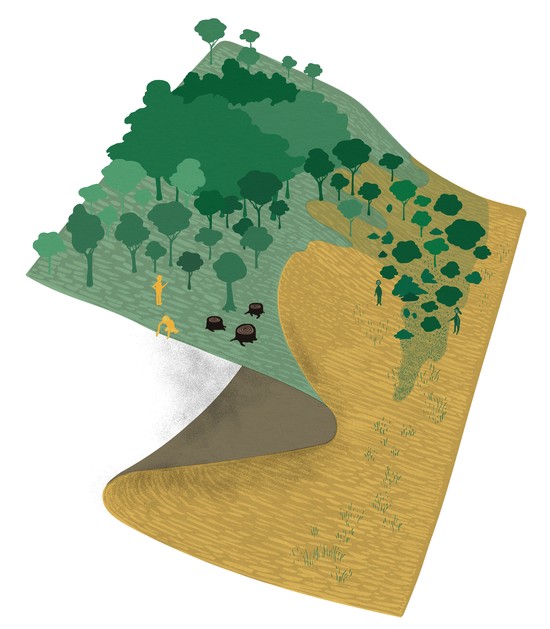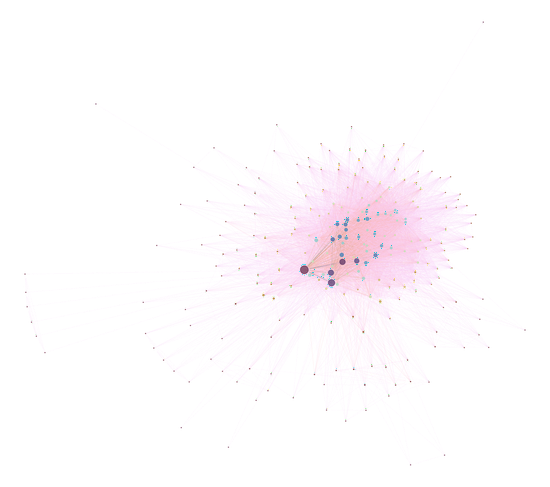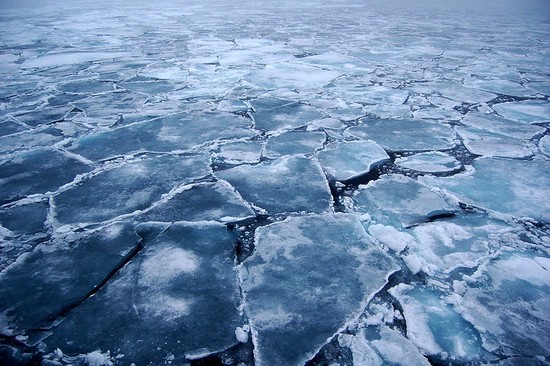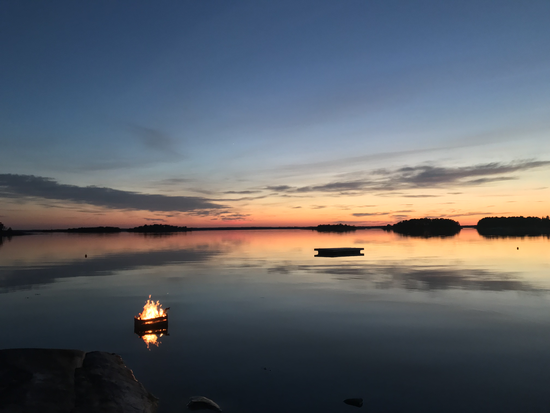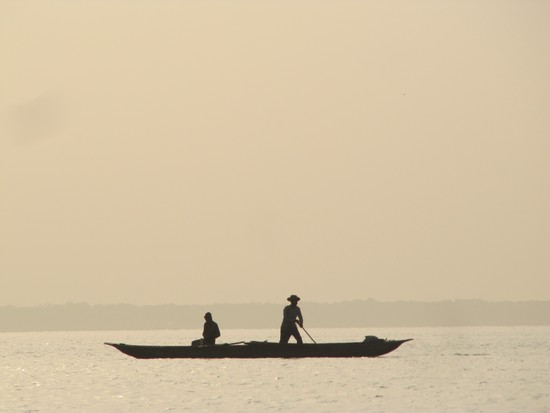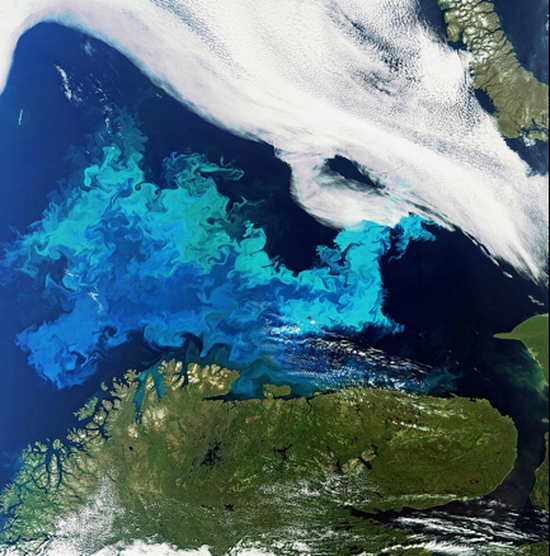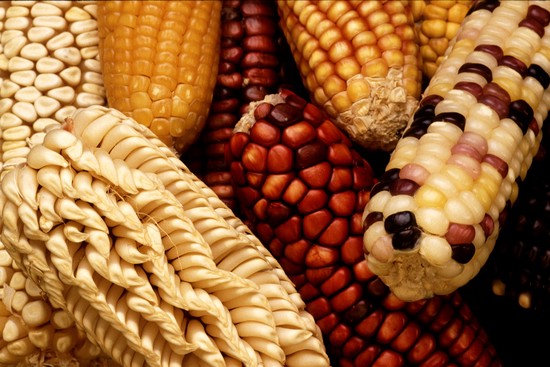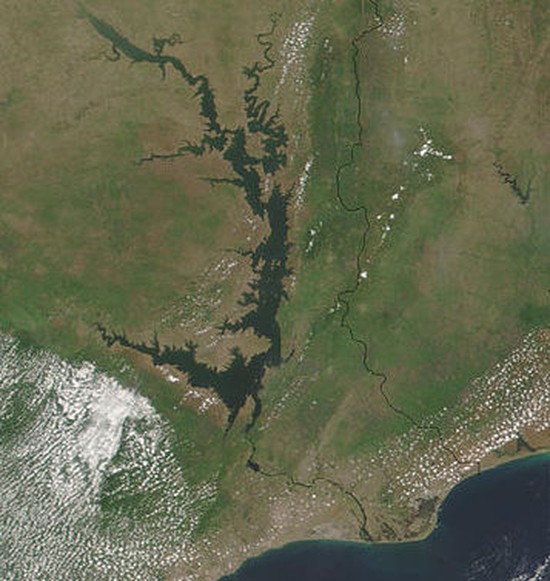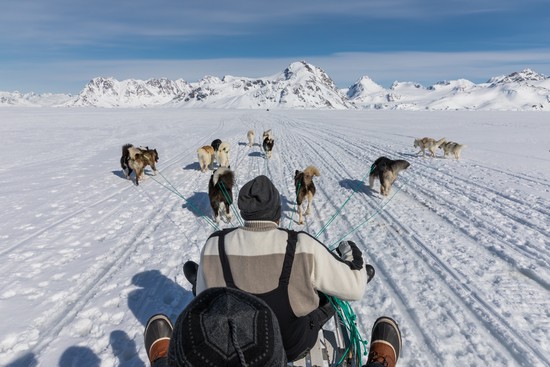Juan C. Rocha is a research scientist at the Stockholm Resilience Centre where he co-leads the theme on complex systems. His research questions are oriented to understanding critical transitions: from regime shifts in ecological systems, to collective action in society. Currently he focus on the idea of cascading effects: how a critical transition in an ecosystem in the world can impact the likelihood of other ecosystems tipping over. Juan is interested in methods for identifying resilience surrogates –good observables that can tell you how resilient a system is– as well as misperception of feedbacks and their consequences. He finds inspiration in complex systems science, the use of mathematical models, networks and other computational methods to understand social and ecological complexity.
Since 2023 Juan is member of the Swedish Young Academy of Sciences, and guest researcher at the Alexander von Humboldt Institute in Colombia. He is member of the Beijer Young Scholars, the Resilience Alliance Young Scholars, the Complex Systems Society, the Earth Resilience and Sustainability Initiative, and the South American Institute for Resilience and Sustainability Studies. Juan is involved in outreach science initiatives, such as the Regime Shifts Database, where he has been main contributor of scientific synthesis intended for policy makers and the general audience. He is also interested on developing data explorers that facilitate the communication of scientific knowledge to the non-scientific audience. Juan is an avid climber and runner.
Interests
- Complex systems
- Critical transitions
- Networks
- Resilience
- Sustainable development
Education
PhD in Sustainability Science, 2015
Stockholm University
MSc Ecosystems Governance, 2010
Stockholm University
BSc in Ecology, 2006
Pontificia Universidad Javeriana
